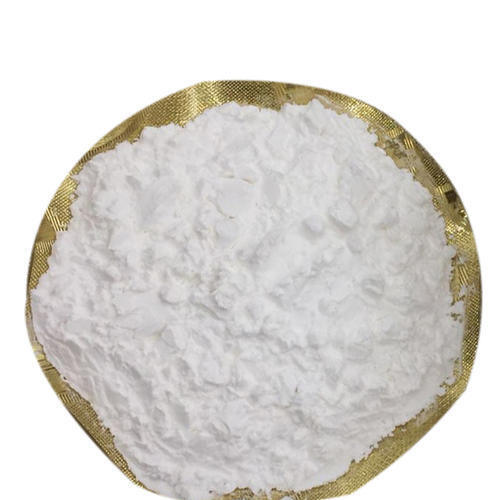
Azithromycin Api
Product Details:
- Storage Other
- Melting Point 113-115 C
- Molecular Formula C38H72N2O12
- Shelf Life 5 Years
- Molecular Weight 748.99 Grams (g)
- Medicine Name Azithromycin
- CAS No 83905-01-5
- Click to View more
Azithromycin Api Price And Quantity
- 25 Kilograms
Azithromycin Api Product Specifications
- White crystalline powder
- 113-115 C
- Other
- Powder
- Azithromycin
- Antibiotics used for a variety of sensitive bacterial infections, such as respiratory infection, Skin and soft tissue infection.
- Medicine Grade
- 83905-01-5
- 5 Years
- 99
- C38H72N2O12
- Pharmaceutical Intermediates
- 748.99 Grams (g)
Azithromycin Api Trade Information
- MUMBAI
- Western Union Paypal Cash Advance (CA) Cash in Advance (CID)
- 300 Kilograms Per Week
- 15 Days
- 25kg/drum with double plastic bags inside; packed in a cardboard drum or fiber HDPE drum.
- Australia Central America South America Western Europe Middle East Africa Asia Eastern Europe North America
- All India
Product Description
Azithromycin, a semi-synthetic antibiotic, belongs to a class of drugs know as macrolide antibiotics, of which all members are chemically derived from naturally occurring erythromycin. The drug is effective against numerous types of bacteria such as Hemophilus influenzae, Streptococcus pneumoniae, and S. aureus, among others. Azithromycin, like all macrolide antibiotics, prevents bacteria from growing by disrupting their ability to synthesize proteins. Due to differences in the mechanisms of protein synthesis in bacteria and humans, macrolide antibiotics do not interfere with protein production in humans. It is an unusual antibiotic in that it has a long half-life (68 h), permitting once-a-day dosing and shorter treatment times for many infections.

Price:
- 50
- 100
- 200
- 250
- 500
- 1000+







